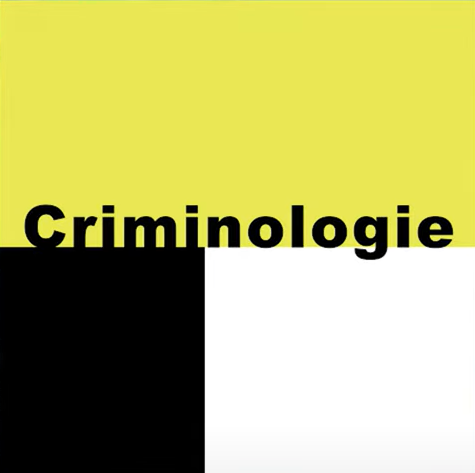In recent years, the challenges posed by extremist violence have prompted the development of several public policies within an international context characterized by widespread security breaches. In Cameroon, the institutionalization of pathways out of Boko Haram, centred on the Disarmament, Demobilization and Reintegration (DDR) program initiated following surrenders in 2018, reflects a shift from a primarily repressive approach to a more preventive one for combating violent extremism. Drawing on qualitative fieldwork, this article traces the evolving paradigm of the program, positioning DDR as a tertiary prevention mechanism aimed at disarmed and demobilized former combatants. The effects of the program on the reconfiguration of the involved actors, particularly the mothers of former combatants, who play a decisive role in its deployment, and the judicial bodies, which it marginalizes, are analyzed.
This forty-seventh episode features an interview with Lydie C. Belporo.
More details: https://doi.org/10.7202/1117824ar

Attention - Votre version d'Internet Explorer est vieille de 21 ans et peut ne pas vous offrir une expérience optimale sur le site du CICC. Veuillez mettre à jour votre ordinateur pour une expérience optimale. Nous vous recommandons Firefox ou Chrome, ou encore ChromeFrame si vous êtes dans un environnement corporatif ou académique dans lequel vous ne pouvez pas mettre à jour Internet Explorer.